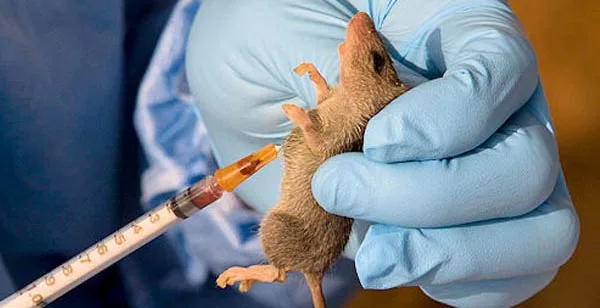Nigeria Centre for Disease Control and Prevention (NCDC) has said that the country reported 1,154 confirmed cases of Lassa fever and 190 deaths in 2024, with six states accounting for 89 per cent of the cases.
Director-General of NCDC, Dr. Jide Idris, who disclosed this at a press briefing on Monday in Abuja, listed the six states as Ondo, Edo, Bauchi, Taraba, Benue, and Ebonyi, adding that local government areas such as Owo, Etsako West, and Jalingo were particularly affected, contributing to nearly 59 per cent of cases.
Lassa fever, a viral haemorrhagic illness transmitted primarily through rodents, remains endemic in Nigeria, with peak transmission typically occurring from October to May.
Detailing the outbreak’s severity and the agency’s ongoing response measures, the DG noted that the case fatality rate for Lassa fever has exceeded 13 per cent. Compared to the same period in 2023, there has been a rise in suspected cases, attributed to enhanced surveillance and reporting, he said.
In response to the outbreak, Dr Idirs said that the NCDC had activated an Emergency Operations Centre (EOC) at Response Level 2, ensuring coordinated efforts using a One Health approach.
He said the key measures included distribution of medical supplies, infection prevention materials, and diagnostic tools across the nation.
Expansion of Lassa fever testing laboratories, conducting rodent control campaigns in high-burden state, intensifying public health messaging on prevention and early reporting, collaboration with state health commissioners and international partners.
“The NCDC remains committed to safeguarding public health through proactive measures and targeted interventions,” Dr. Idris stated.
The DG urged the public to adopt preventive measures, including maintaining clean environments, safely storing food, and avoiding contact with rodents. Early symptoms such as fever, headache, and vomiting should prompt immediate medical attention to improve survival rates, he added.
He also urged healthcare workers to practice strict infection prevention protocols, including the use of personal protective equipment and prompt reporting of suspected cases to local authorities.
Dr. Idris emphasised that reducing the Lassa fever burden requires collective action from individuals, healthcare providers, and government stakeholders. Public education campaigns and community-level interventions remain critical in curbing the disease’s spread.

